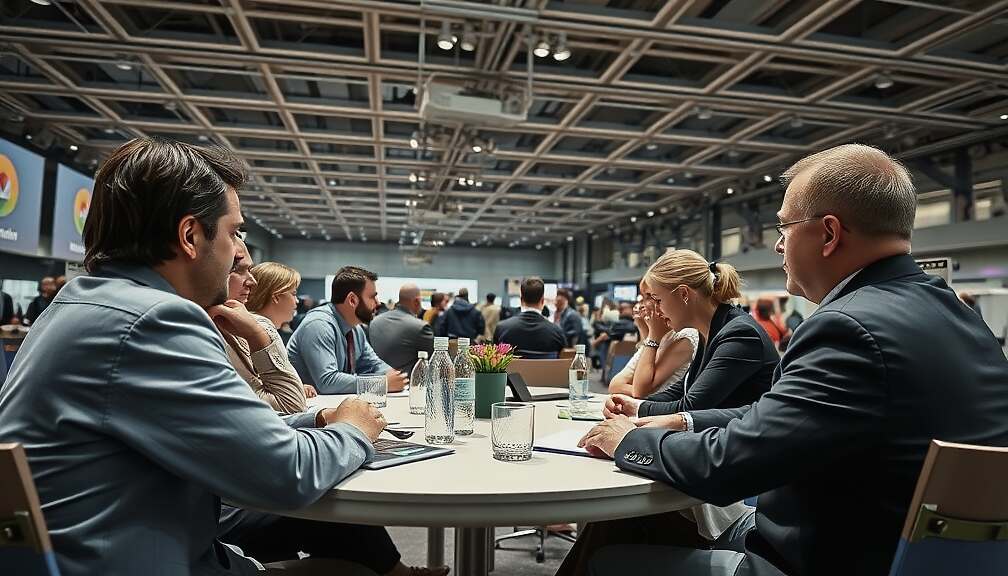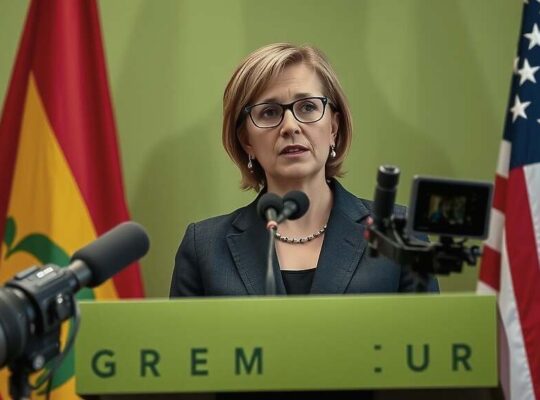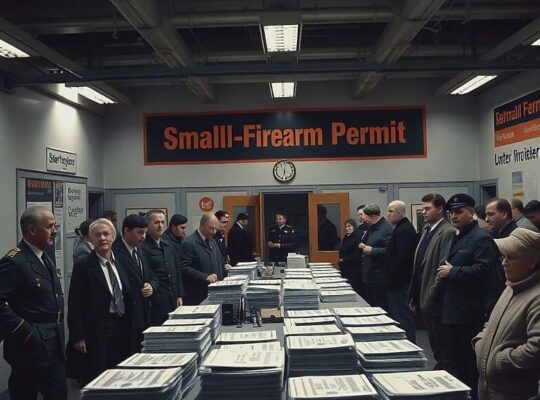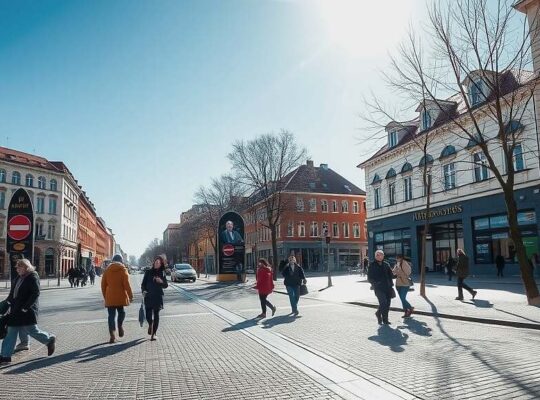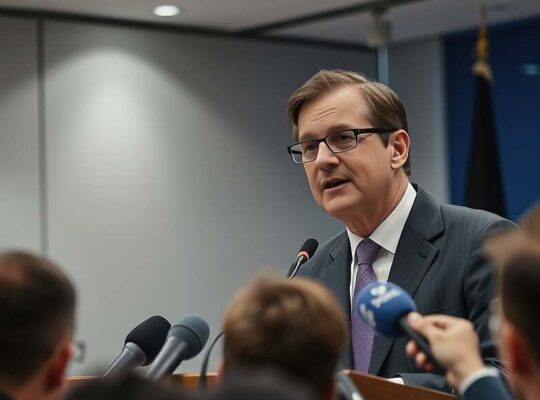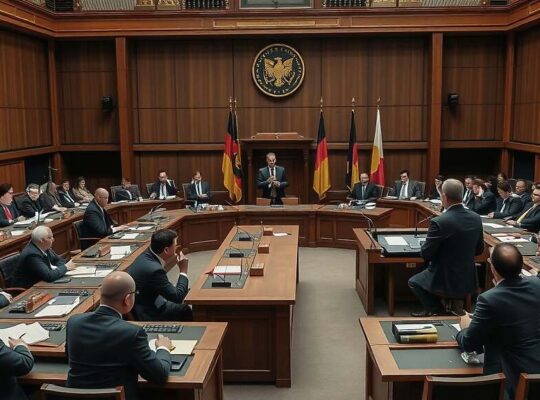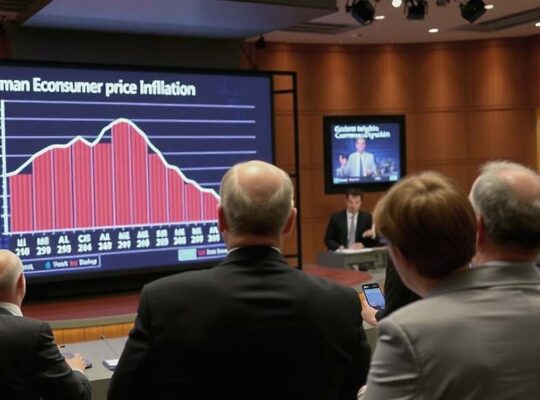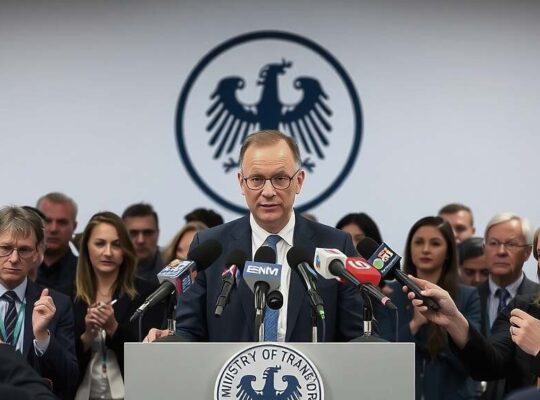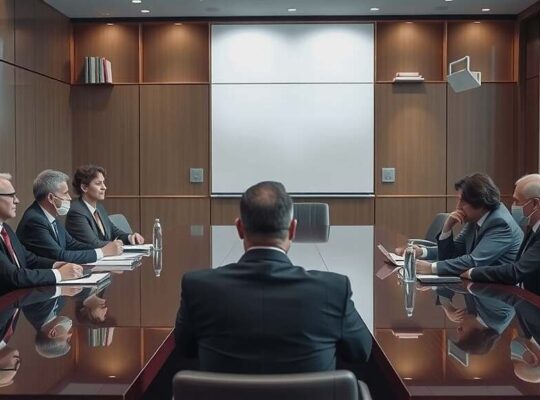Germany’s Mecklenburg-Vorpommern is preparing to spearhead a national initiative aimed at bolstering youth protection within the video game industry. Social Minister Stefanie Drese, following discussions with industry representatives at the Gamescom event in Cologne, has announced plans to submit a proposal to the Federal Council (Bundesrat) later this month.
The forthcoming initiative centers on addressing concerns surrounding “loot boxes” – virtual items within video games that can be purchased with real money, offering randomised content. Minister Drese’s department highlighted that a significant proportion – 72 percent – of individuals aged 12 to 19 engage with video games multiple times a week and many are routinely exposed to these potentially problematic mechanisms.
The proposal, slated for submission at the end of September, seeks greater transparency regarding the contents and associated probabilities within loot boxes. It will also advocate for the inclusion of warnings pertaining to the risks of gambling-like behaviour. Beyond regulation, the initiative extends to educational reform, with plans to incorporate information about loot boxes and “pay-to-win” mechanics into school curricula.
Minister Drese emphasized the financial importance of these systems for the gaming industry, while underlining the potential for dependency and financial hardship among young players, necessitating a proactive approach to consumer protection. The move seeks to balance innovation within the sector with the necessary safeguards for vulnerable age groups.


